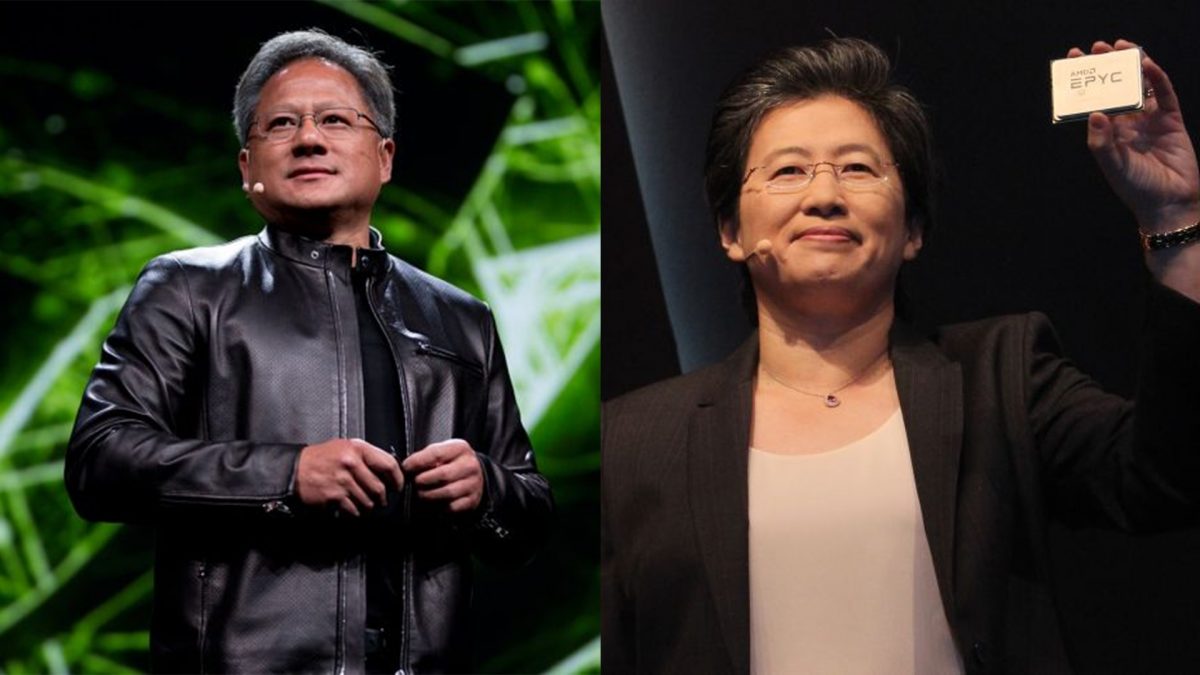The Biden administration is weighing a significant shift in its approach to regulating the export of advanced AI chips made by companies like NVIDIA and AMD. To safeguard national security, US officials are discussing the possibility of capping sales of these chips to certain countries, potentially reshaping the global landscape of artificial intelligence development.
The new plan, still in its early stages, involves setting country-specific ceilings on AI chip exports, particularly focusing on nations in the Persian Gulf.
Countries like the United Arab Emirates and Saudi Arabia have shown an increasing appetite for AI-driven data centres, and with their financial muscle, they have become prime targets for AI technology. The problem, for the US lies in the fact that these ventures involve some of the biggest Chinese tech companies, which have continuously been a threat to security apparatus, globally.
This move would expand on existing rules that already limit the export of AI chips to more than 40 countries, including many in West Asia and Africa. These restrictions, which primarily targeted China’s rapid AI advancements, have now prompted the US to consider how AI technology could be used in other regions and its broader security implications.
The Biden administration’s approach seeks to balance the risks associated with AI chips falling into the wrong hands, particularly in countries with robust surveillance systems. This concern was highlighted by National Security Council officials, who indicated that conversations would need to be had with various governments about how AI capabilities might be utilised.
Impact Shorts
More ShortsThe idea of capping exports stems from the belief that these chips, especially those from NVIDIA, could be used as leverage in diplomatic negotiations. For instance, the US could potentially ask other countries to reduce their reliance on Chinese technology in exchange for access to advanced American AI chips.
However, this strategy could face significant challenges. Imposing tighter restrictions might make it harder for the US to maintain strong diplomatic relationships, and the logistics of enforcing country-specific caps would be complex. The timing is also delicate, as implementing such a policy in the final months of President Biden’s term may prove difficult. Additionally, there is concern that pushing too hard on restrictions might give China an opportunity to capture more of the market by developing its own alternatives to NVIDIA’s chips.
NVIDIA’s AI chips have become the gold standard for data centres globally, and their dominance in the market has made the company a key player in the AI boom. Yet, with China’s semiconductor development slowly advancing, the long-term control that the US has enjoyed over AI technology might be challenged. While some American officials argue that China’s progress is still far behind, others believe a more restrictive export policy is necessary to maintain the US’s current negotiating advantage.
The potential impact on leading AI chipmakers like NVIDIA and AMD is also uncertain. When the US first imposed restrictions on chip exports to China, NVIDIA responded by modifying its products to continue selling in that market. If the Biden administration moves forward with country-specific caps, it could force companies to navigate new regulatory challenges, potentially impacting their business models.
Despite these complexities, there are signs that the policy might be implemented soon. The US has already slowed the approval of AI chip export licenses to regions like the West Asia, while developing a framework to streamline the licensing process for certain countries. Under new regulations, US officials plan to vet and pre-approve specific customers, ensuring that security commitments are met before allowing AI chip shipments.
In an era where countries are racing to develop sovereign AI capabilities, how the US manages its AI chip exports could have far-reaching implications for global technology and security.


)

)
)
)
)
)
)
)
)



